- About
- Academics
- Admissions & Aid
- Life
- Research
- News & Events
Home
> Academics
> Centers & institutes
> Hbcu stem us research center
HBCU STEM US Research Center
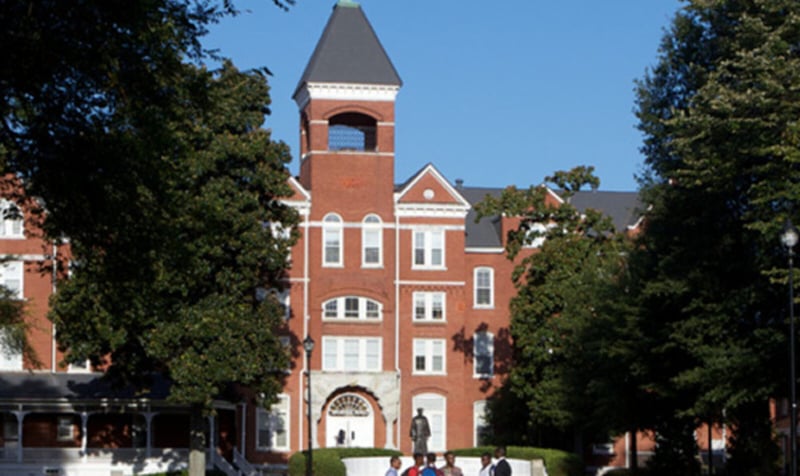
Our Mission
To understand and tell the stories of HBCUs through convergence research for us, and the nation; thereby, creating a national legacy of excellence in STEM education at HBCUs.
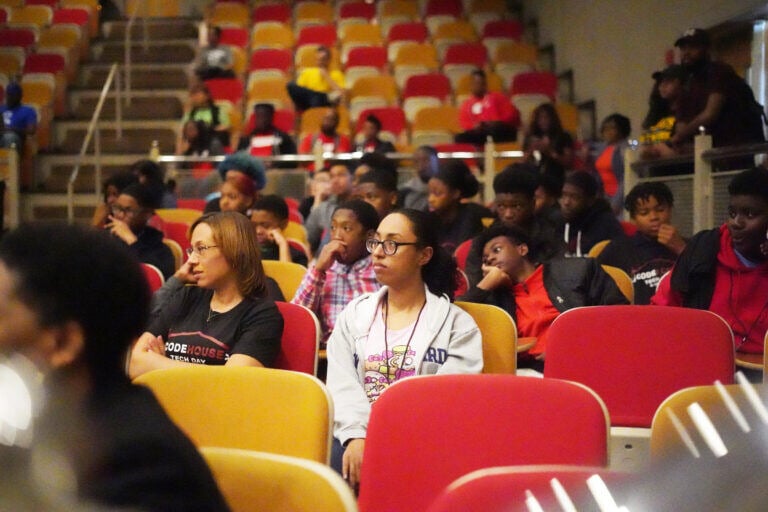
Our Goals
The first goal of the STEM US Research Center is to provide a national hub for broadening participation convergence research at 50 HBCUs.
About US
 Funded by the National Science Foundation, the new HBCU Undergraduate Success Research Center (STEM US) is led by social scientists, natural scientists, and computer scientists from Morehouse College, Spelman College, and Virginia State University. The five-year STEM US $9 million grant will be administered through Morehouse College, an HBCU in Georgia. Students, faculty, and administrators from up to 50 HBCU’s will participate in the Center.
Funded by the National Science Foundation, the new HBCU Undergraduate Success Research Center (STEM US) is led by social scientists, natural scientists, and computer scientists from Morehouse College, Spelman College, and Virginia State University. The five-year STEM US $9 million grant will be administered through Morehouse College, an HBCU in Georgia. Students, faculty, and administrators from up to 50 HBCU’s will participate in the Center.
The STEM US (pronounced ‘stem-us’) Center will employ a large-scale community participatory research approach to conduct empirical, mixed method studies and publish peer reviewed research on the successful cultivation of STEM students at HBCUs. To highlight the different academic cultures and the students they serve, given the varying competences and economic profiles, the Center will study HBCUs individually and by classification (i.e. large vs. small, public vs. private, rural vs. urban, etc.).
To accomplish this goal, the STEM-US Center has already created a research hub for HBCU faculty. With additional adequate funding, the STEM-US Center will take a comprehensive approach to produce: 1) a holistic strategy by integrating research, education, outreach and knowledge transfer to effectively understand and disseminate at local, state and national levels the contributions, impact, and positive legacy of HBCUs in broadening participation; 2) a common theoretical framework that helps to expose the vulnerabilities while developing the necessary support for promoting resilience, success, and retention of students; and 3) research-based protocols and analytical findings that will inform mainstream education reform as well as contribute to the larger goal of overcoming race-related educational disparity in the United States.
INCLUDE:
- a holistic strategy integrating research, education, outreach, and knowledge transfer . This approach is needed to effectively disseminate, at local, state and national levels, the contributions, impact, and positive legacy of HBCUs in broadening participation;
- a common theoretical framework that helps to identify student vulnerabilities while developing the necessary support for promoting resilience, success, and retention; and
- research-based protocols and analytical findings that will inform mainstream education reform, as well as contribute to the larger goal of overcoming race-related educational disparity in the United States.
This material is based in part upon work supported by the National Science Foundation (NSF) under Grant Numbers HRD-2025221 and HRD-2010676. Any opinions, findings, interpretations, conclusions or recommendations expressed in this material are those of its authors and do not necessarily reflect the official policies of the National Science Foundation.

|

|

|

|
A letter from our EXECUTIVE director
 Dear STEM Community and Friends,
Dear STEM Community and Friends,
It is a great pleasure for me to serve as the current executive director of the HBCU STEM Undergraduate Success Center (HBCU STEM US)!
The overall mission of the HBCU STEM-US Research Center is to establish a national hub that brings together researchers from diverse fields to solve complex problems while focusing on HBCU educational and societal needs. The Center uses a multilayered research and collaboration approach to understand the history, narratives, and external factors that HBCUs face now and in the future.
My vision for the center is to attract, retain, and graduate a diverse group of STEM students. Not only should STEM leaders be knowledgeable, innovative, ethical, and reflective, but STEM educational experiences, initiatives, and materials should also be innovative and engaging. We hope to strengthen global competition in STEM fields by improving STEM education in our communities. We would like to expand opportunities for exposure to the diverse workplace opportunities in STEM. We are constantly working to promote and tell the story of HBCUs.
HBCU STEM US is situated to make contributions to the advancement of minority students’ presence, resiliency, and success in STEM. This includes continuing research and development in STEM related education, educating our communities about STEM, and preparing the next generation of leaders who will carry this path forward.
Please explore our website to learn more about our research programs and events. We cordially invite you to become a member of our HBCU community.
Regards,
Derrick M. Bryan, Ph.D.
Executive Director, HBCU STEM-US Research Center
HBCU STEM US Project Team Members
"STEM US focuses on two things: the identity and accomplishments HBCUs have had in broadening participation of African American students in STEM careers, and a student's self-perception as a scientist."
.png?length=300&name=Curtis_Byrd_PSFS9GSUPhoto%20(1).png)
Curtis D. Byrd, Ed.D
CEO & Co-Founder | Academic Pipeline Project, LLC

Derrick M. Bryan, Ph.D.
HBCU STEM US Center Executive Director | Frederick Douglass Academic Success Center Director | Associate Professor of Sociology | Faculty Development Fellow | A.D.I.S.A Fellow | Morehouse College
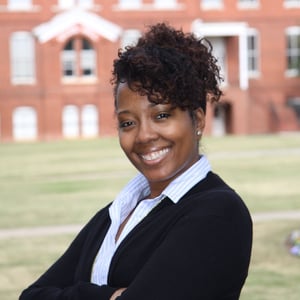
Danielle Dickens, Ph.D.
Associate Professor of Psychology | Spelman College

Briana Goolsby, M.Ed.
HBCU STEM US CENTER Program Coordinator | Morehouse College
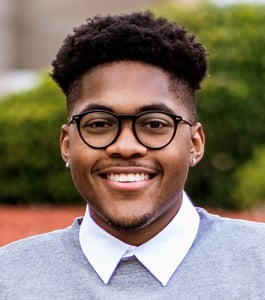
Dante' Jackson, B.S.
Project Coordinator | Spelman College

Shondrieka N. Lamb, M.S.
HBCU STEM US Center Associate Executive Director | Morehouse College
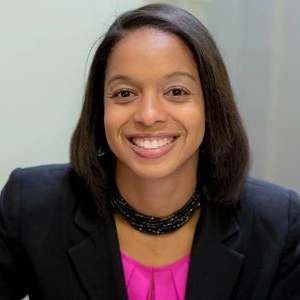
Rihana Mason, Ph.D.
Research Scientist | Georgia State University
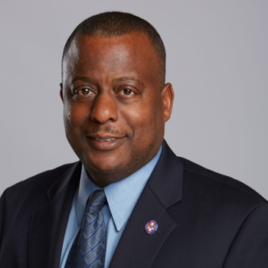
Mark Melton, Ph.D.
Dean of the School of Sciences, Mathematics and Public Health | St. Augustine's University
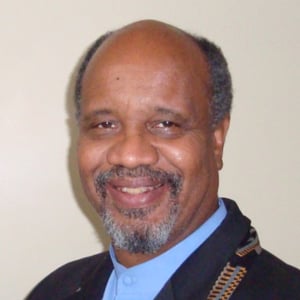
Lycurgus L. Muldrow, Ph.D.
Inaugural HBCU STEM US Center Executive Director | Consultant | Morehouse College

Adrian N. Neely, Ph.D.
HBCU STEM US CENTER Associate Director of Research| Morehouse College
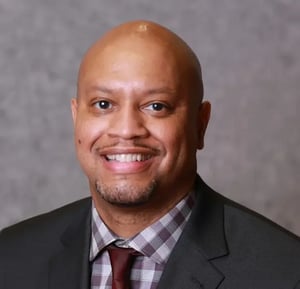
Eddie C. Red, Ph.D.
HBCU STEM US CENTER PI| Dean, Division of Science, Technology, Engineering, and Mathematics (STEM) | Associate Professor, Physics and Dual-Degree Engineering Program (PDDEP) | Morehouse College
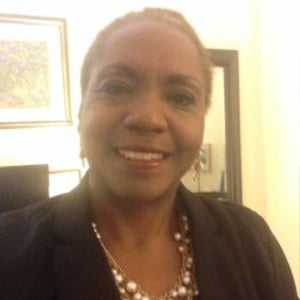
Cheryl Talley, Ph.D.
Associate Professor of Neuroscience | Virginia State University

Alicia P. Thomas, M.S.
HBCU STEM US Center Technology Director | Morehouse College




